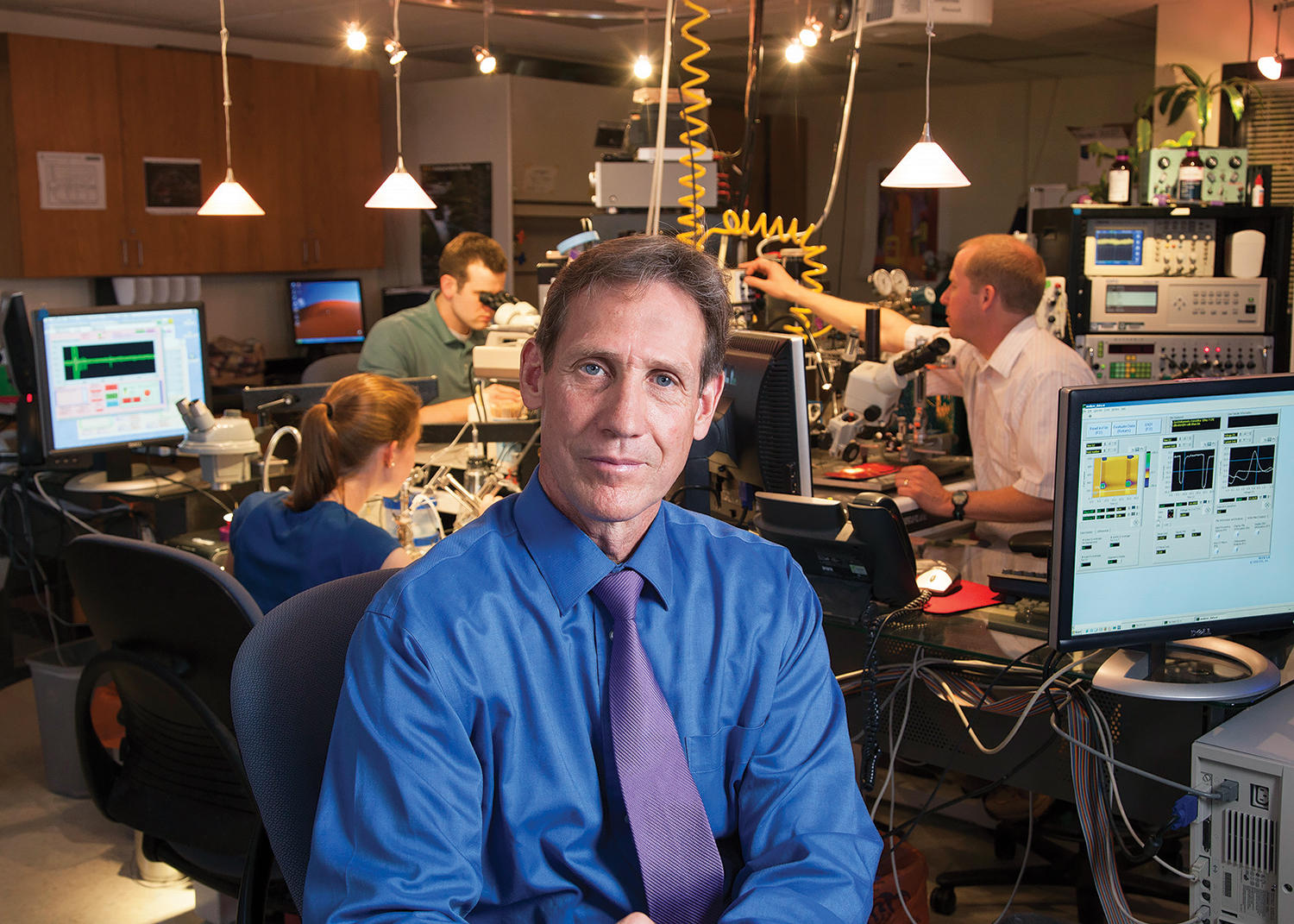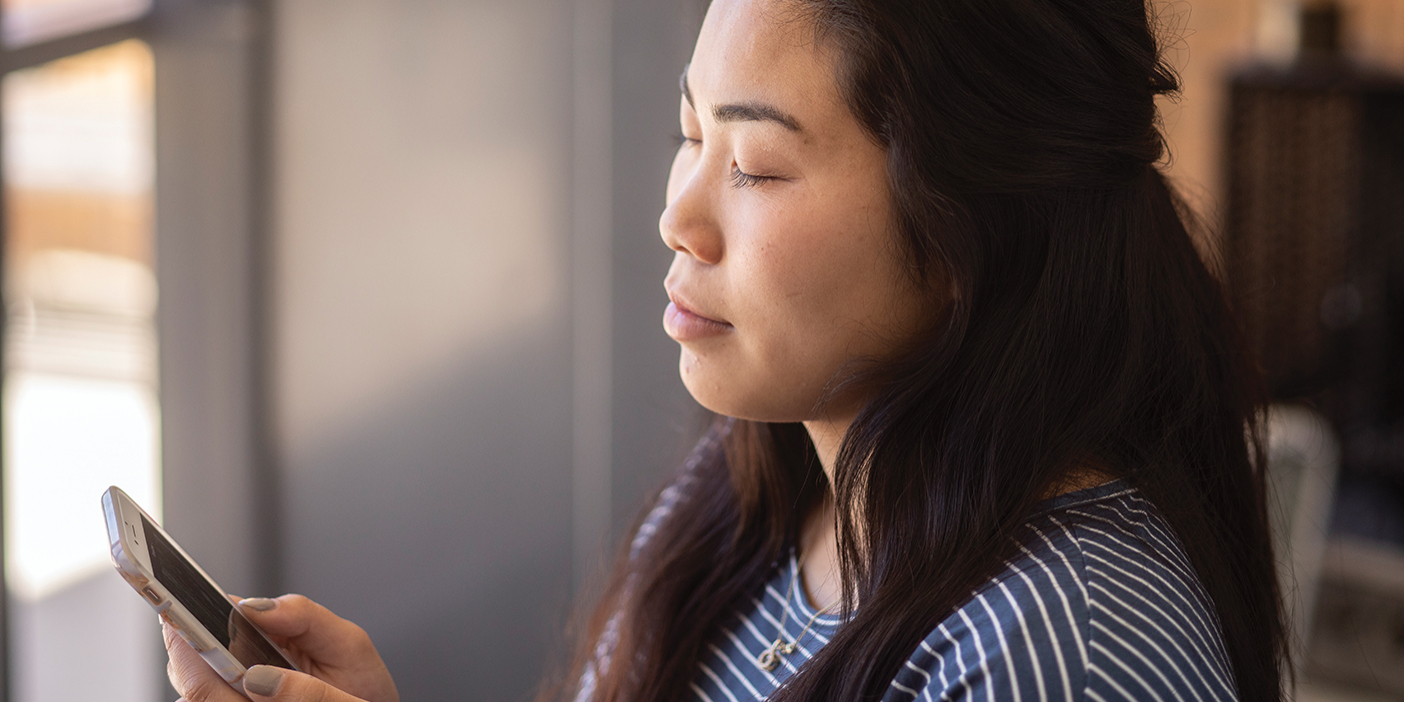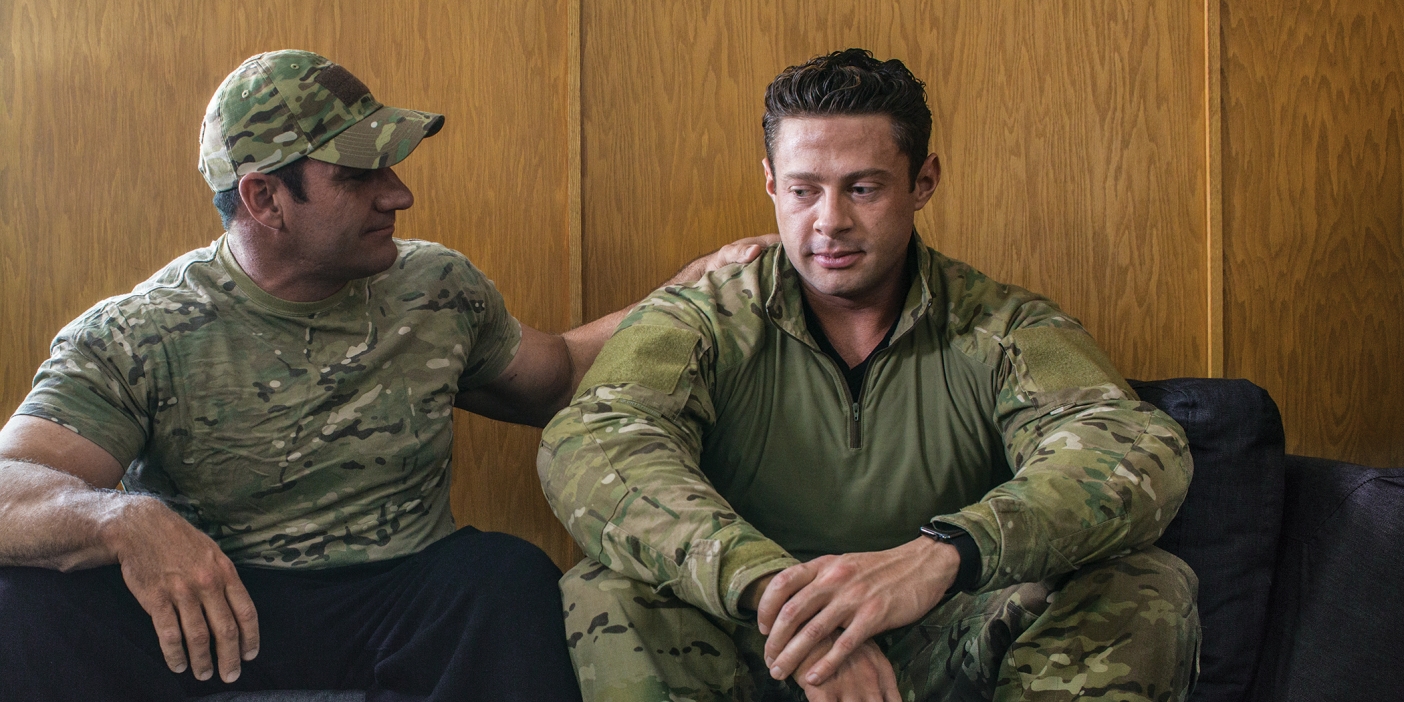A couple is tackling addiction with therapy and recreation.
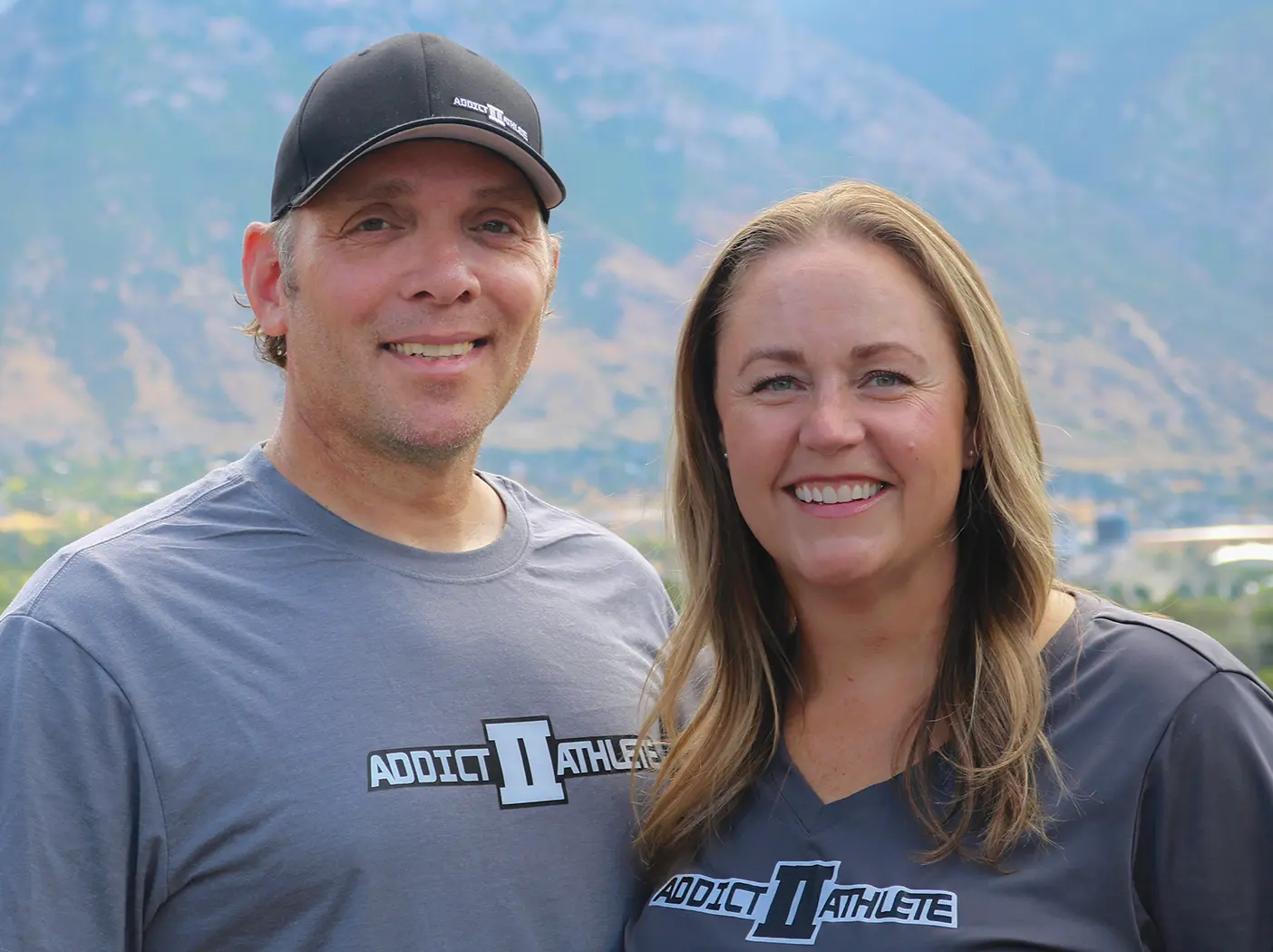
Addiction often develops on the heels of tragedy. Such was the case for Judy after she accidentally backed her car over her son, killing him. To cope with her grief and guilt, she turned to substances and fell into addiction.
A turning point came when her therapists, Marissa Thurston Robinson (BS ’98) and Blu Robinson, encouraged her to sign up for a 5K. This wasn’t just any race. The organizers had lost their own son in a similar tragedy. Supported by other athletes and coaches in the program, Judy not only trained for and ran the race but was inspired to become a coach and substance use disorder counselor herself.
The Robinsons have made physical activity a pillar in their approach to breaking cycles of addiction. Through their nonprofit, Addict II Athlete, they are helping people overcome addiction in 11 chapters in Utah and Arizona.
Born and raised in Payson, Utah, Marissa learned to love service from her mother, a special-ed teacher who educated the community about people with disabilities. Marissa observed her mother regularly taking in those who needed her help—from foreign-exchange students to pregnant teens with nowhere else to go. Marissa spent her childhood doing anything that got her outside—swimming, soccer, rock climbing, boating. While at BYU she pursued a degree in recreational therapy.
While working at a residential treatment center for at-risk youth, Marissa met fellow employee Blu Robinson. They eventually married, but not before working through challenges from Blu’s past. He’d grown up in poverty, struggled with drug addiction, and never finished high school. He’d quit using substances before meeting Marissa, but they attended therapy together. “He continued to work on his childhood trauma,” Marissa says. “We continued to work on our relationship.” She helped Blu get his high school diploma—and that was just the start. He eventually earned a master’s degree and became a mental-health therapist.
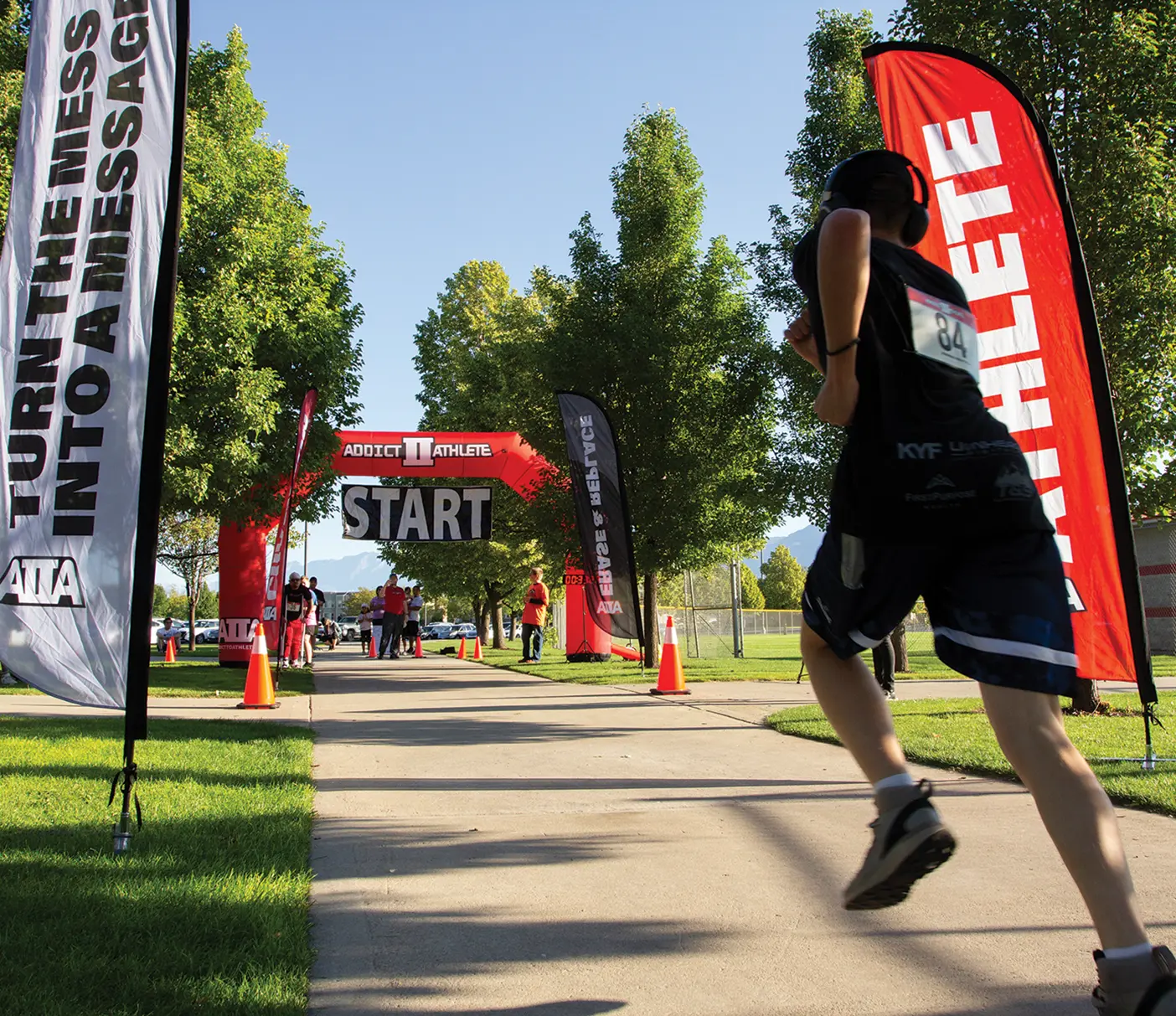
In his recovery Blu had mountain biked to “erase and replace” his substance-abuse behavior. Seeing the approach’s benefits, Blu asked some clients he worked with to try a couch-to-5K program. It was a huge success. “We continued to grow and develop this philosophy and created the name of Addict II Athlete,” Marissa says.
Addict II Athlete meetings include a brief discussion on a recovery topic followed by a workout or activity. Unlike other addiction-recovery approaches that are anonymous, Addict II Athlete is peer based. “Everything is open,” Marissa says. This encourages accountability and forges healthy relationships as participants improve their health and “turn their mess into messages of hope and healing,” as the Robinsons like to say.
As the Robinsons continue to help individuals recover and find a higher purpose in their lives, Marissa says she is inspired by their athletes. “Talk about people who have resilience and grit and strength beyond anything I’ve ever seen,” she says. “Some of the things they’ve been through are heartbreaking, and to see them come out on top is a testament to the human spirit.”










